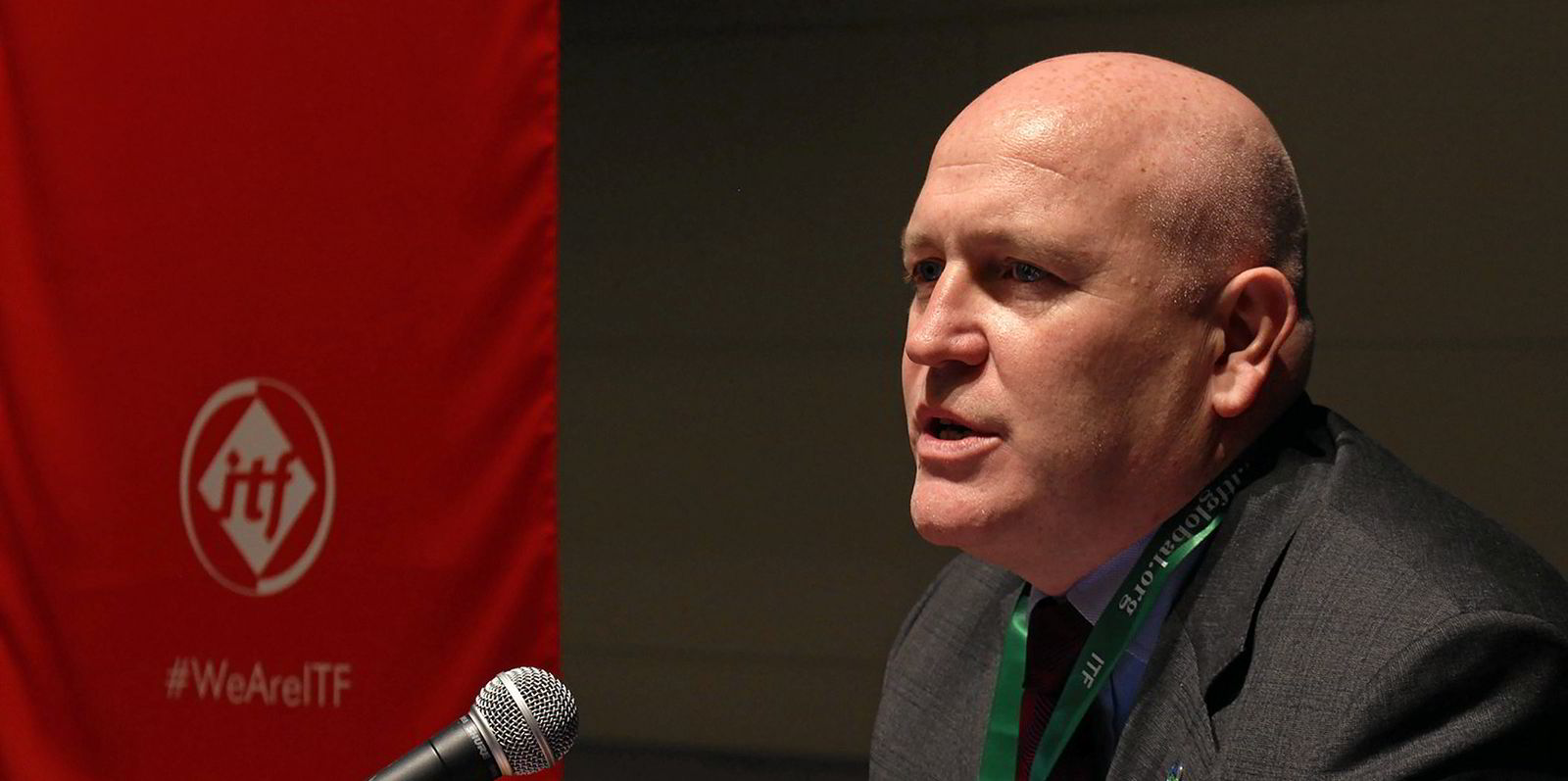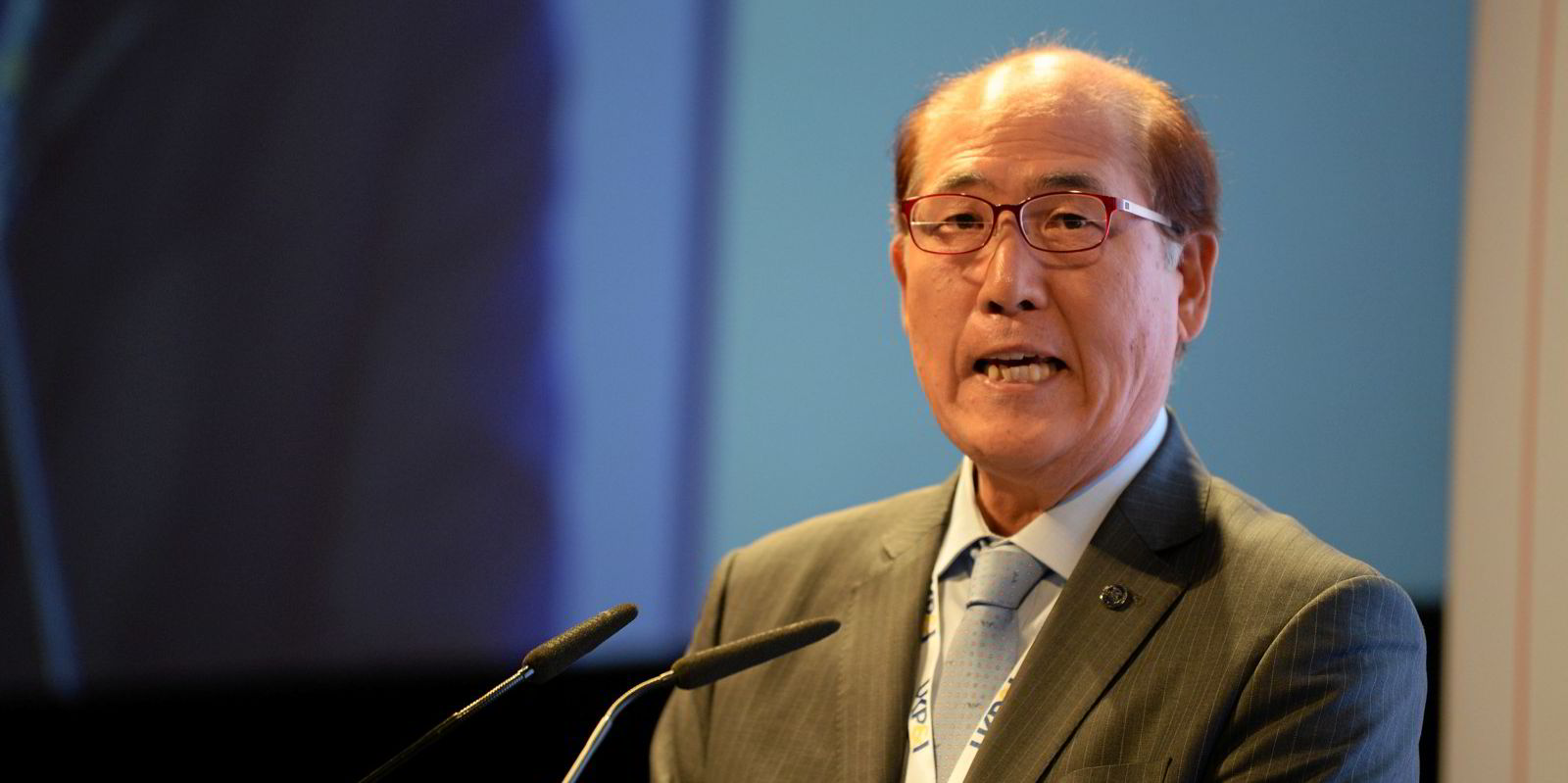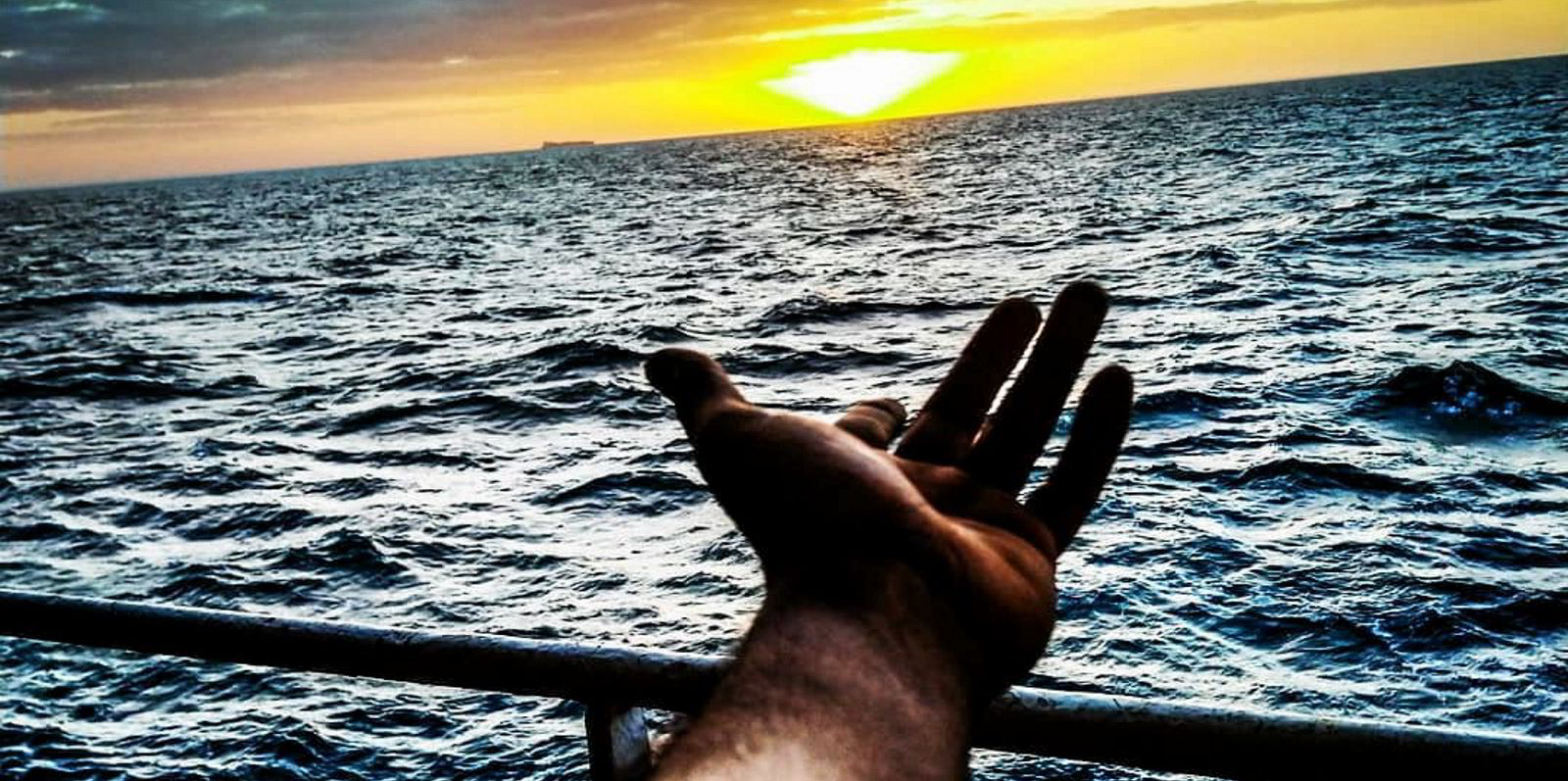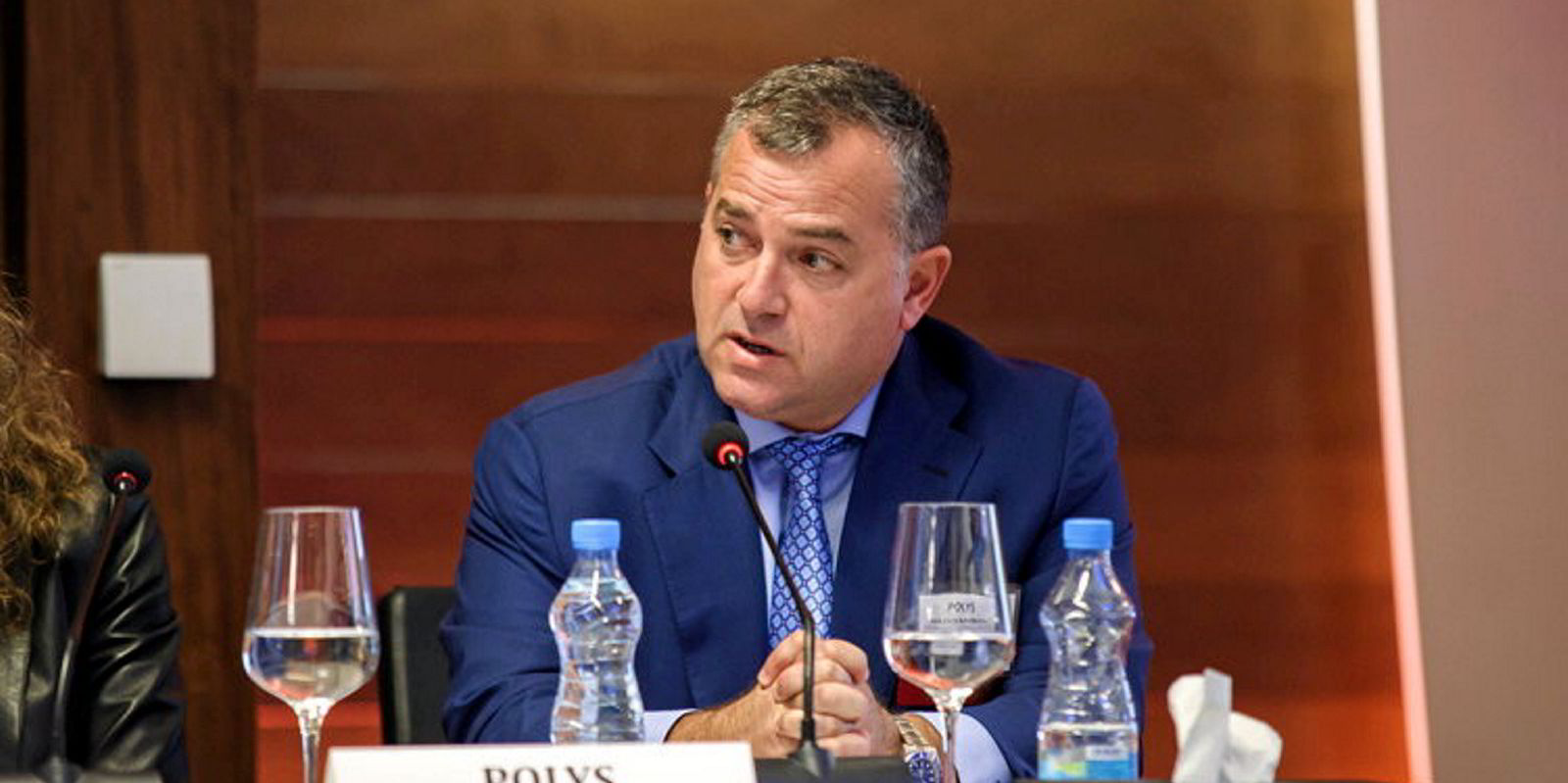The International Transport Workers' Federation (ITF) commended AP Moller-Maersk for its treatment of seafarers during the Covid-19 outbreak, but criticised its dealings with an Australian port.
In its statement read at Maersk's annual general meeting, the union representing crews and dock workers enumerated the ways in which the Danish boxship giant looked out for the well being of its seafarers.
"Booking hotel rooms in Mumbai and Manila where seafarers could quarantine and receive health checks, chartering flights, and facilitating ship transfers," the union said.
"The industry is now faced with the rollout of vaccinations, so the continued efforts by Maersk to find a way that keeps the industry moving and seafarers' welfare protected will be very much valued."
The statement from the ITF is read out during the Danish company's annual general meeting every year. It is part of an understanding between the ITF and the Danish company that it will work together collaboratively to resolve labour relations issues, including when local discussions break down.
Dialogue resulted in minimum labour standards for seafarers onboard all Maersk ships and getting union recognition in some Latin American countries.
The Covid-19 pandemic has been especially harsh on seafarers, with countries reticent to allow crews to change at their ports, fearing it could spread the respiratory illness.
At the height of the crew-change crisis, as many as 400,000 workers were stuck aboard ships as they continued to work, some with expired contracts and others longer than considered safe by global regulators.
On 19 March, the International Maritime Organization said the figure had been cut in half, but urged more countries to classify seafarers as key workers — a move that would expedite the changing of crew.
Others have warned that the crisis will push seafarers out of the industry.
ITF maritime coordinator Jacqueline Smith said Maersk had done "an extraordinary job" on crew changes.
"While we’ve had a world of trouble with some charterers and the less scrupulous shipping companies passing the buck and refusing to help pay to end seafarers’ suffering, AP Moller-Maersk stepped up and has shown regular crew change can be done," she said.
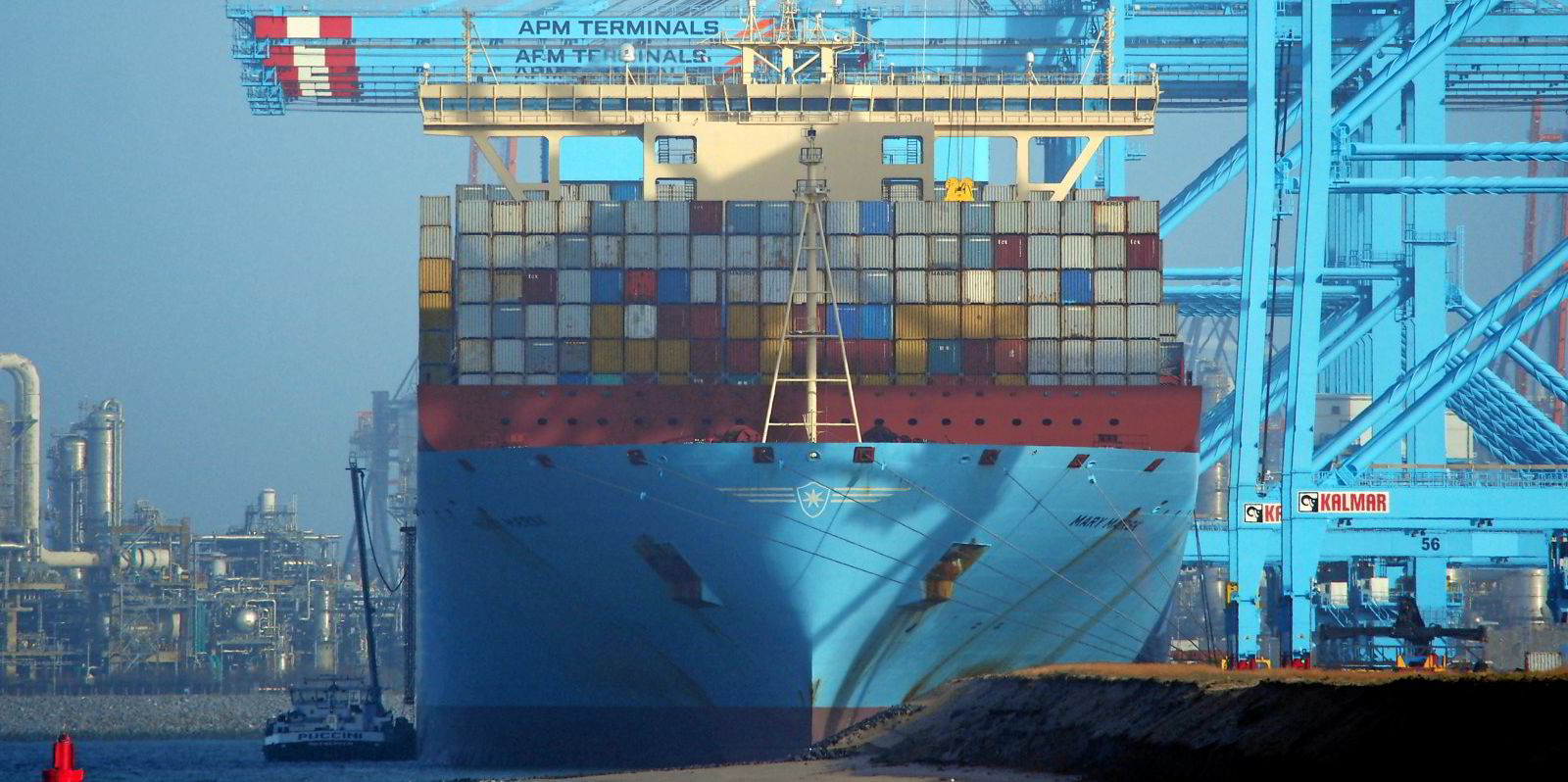
One place where the union said the Danish company "risked its reputation" with workers was in doing business with the Victoria International Container Terminal in Melbourne, which it considers a "port of convenience".
The union told TradeWinds that terminal owner ICTSI had initially shut out the Maritime Union of Australia and, when an agreement was made, it did not meet national standards.
ICTSI did not immediately return a request for comment.
"It is imperative that Maersk’s support for maritime workers does not end with this crisis and is extended to workers throughout its supply chain," the statement said.
"Low employment standards at the [terminal] have necessitated the ITF to declare the terminal as a port of convenience, as it is not meeting normal standards applicable in Australia."
